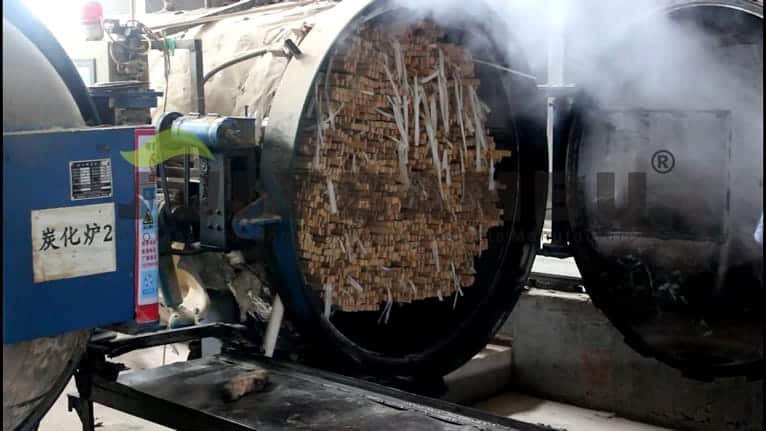While bamboo is generally a strong and durable material, its suitability for outdoor use depends on a number of factors, such as the specific species of bamboo, the treatment and finishing of the bamboo, and the climate and weather conditions in the outdoor environment.
In general, some species of bamboo can be more suitable for outdoor use than others. For example, certain species of bamboo, such as moso bamboo, are naturally more resistant to moisture, pests, and decay than others.
Bamboo that has been properly treated and finished can also be more resistant to outdoor conditions. This may include treatments such as pressure treatment or chemical treatment to enhance its water and pest resistance. It is also important to apply a protective finish or coating to the bamboo to prevent damage from UV rays and other environmental factors.

Additionally, the climate and weather conditions in the outdoor environment can impact the durability and longevity of bamboo. In areas with high humidity, frequent rain, or extreme temperature changes, bamboo may be more susceptible to swelling, warping, or cracking.
In summary, while bamboo can be a suitable material for outdoor use in some situations, it is important to consider the specific species, treatment, and climate conditions before using it for outdoor projects.

